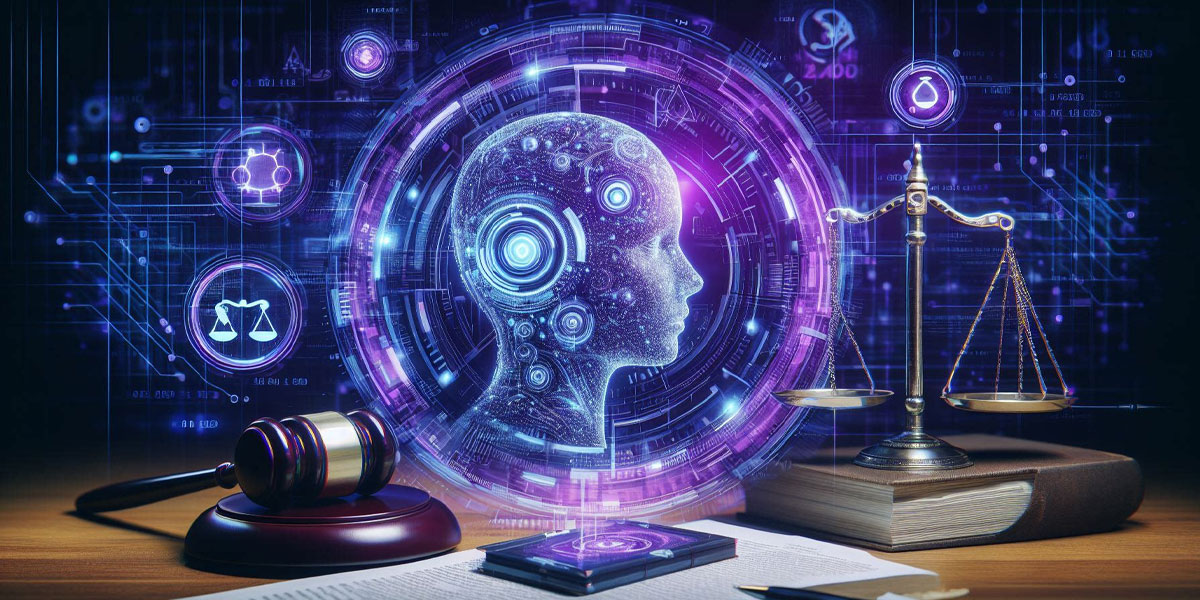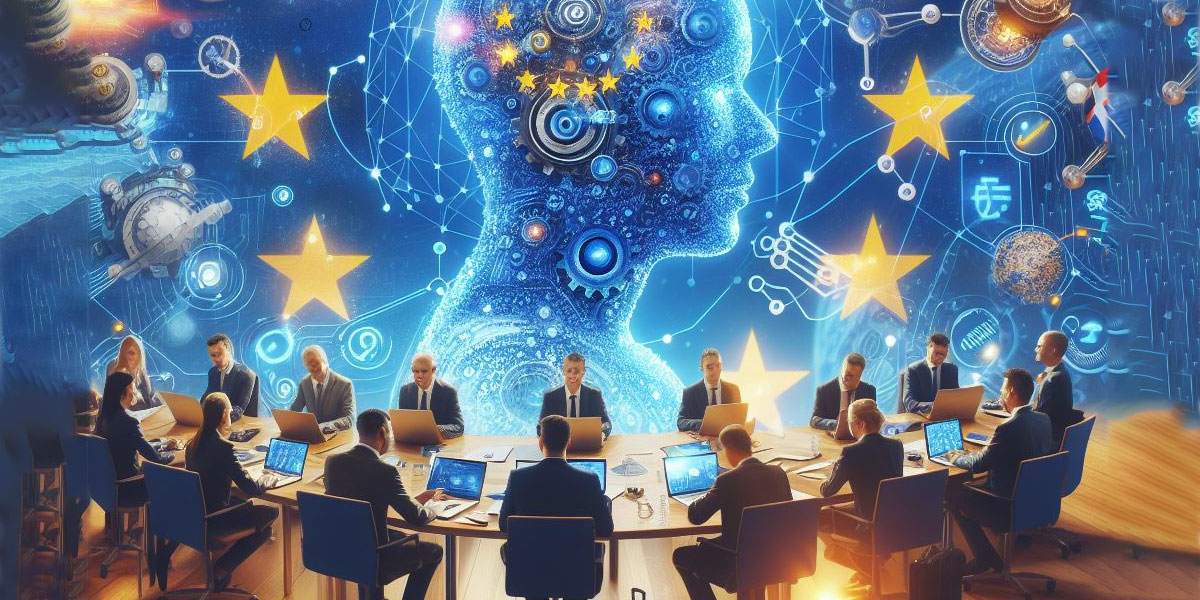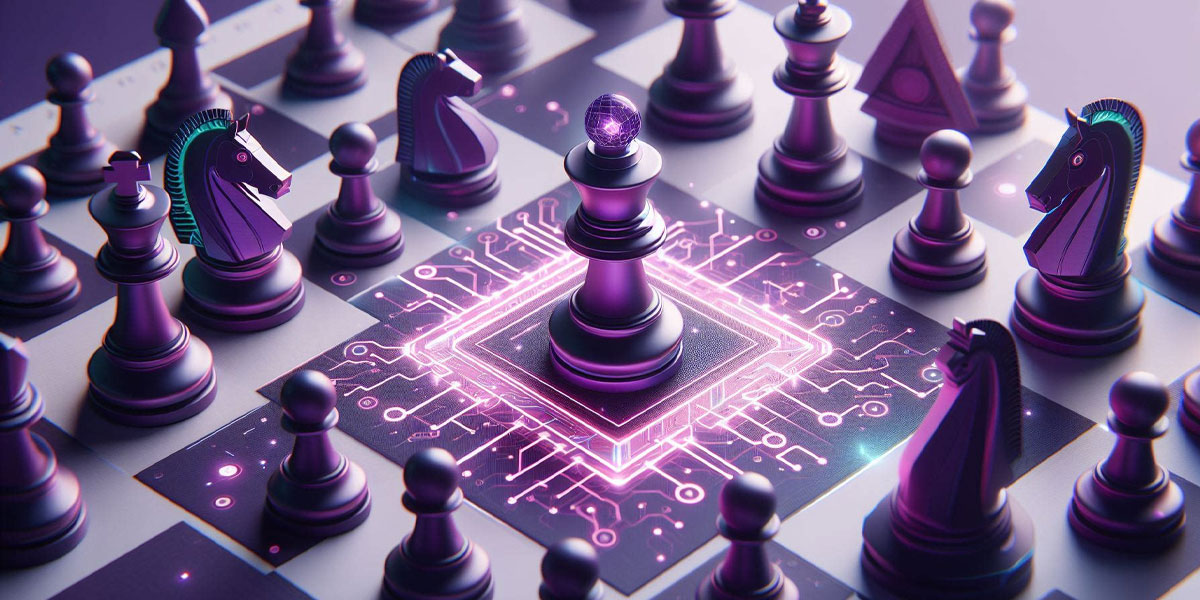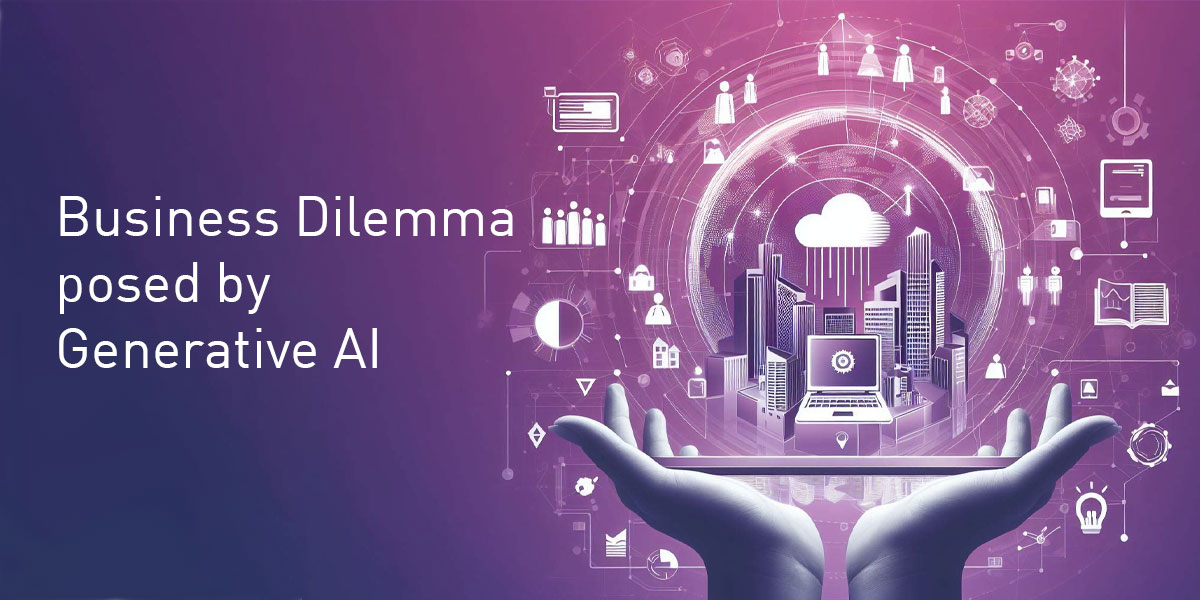Necessary cookies are absolutely essential for the website to function properly. These cookies ensure basic functionalities and security features of the website, anonymously.
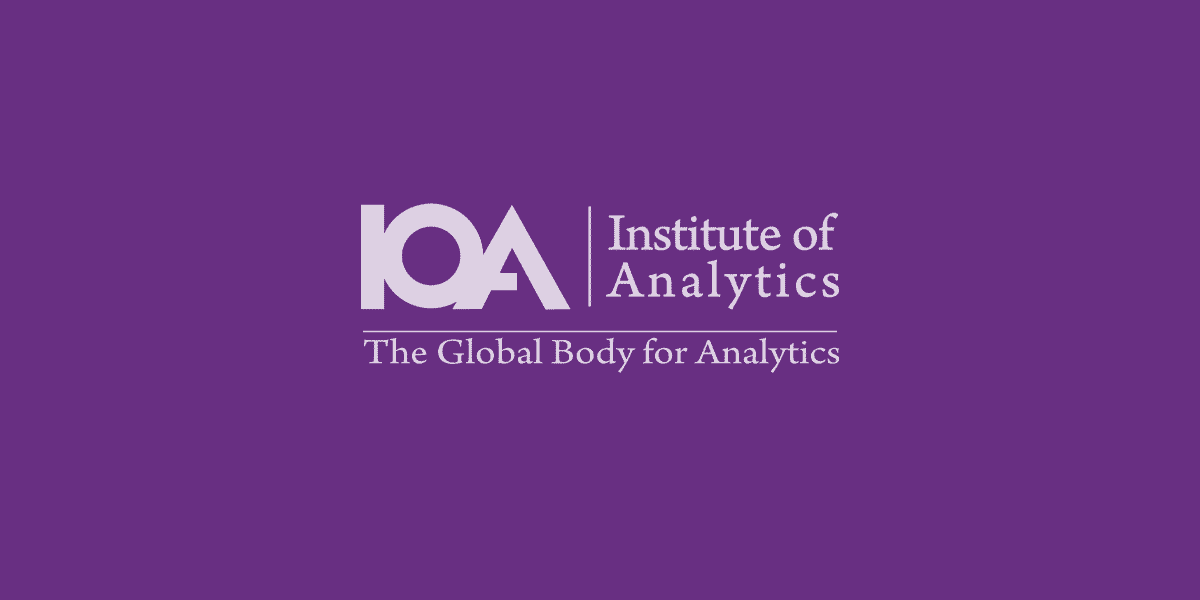
3 Things you should know about Quantum

It was a big week for Quantum computing in my home country, the UK, with the government taking delivery of their first quantum computer. We’ve been talking about this technology coming to maturity for some time. Here are three things you should know about the quantum revolution.
Quantum Computers Are Not Science Fiction!
Many of us still think of quantum mechanics in the same way we think of science fiction. This logic-defying theory seems better suited to children’s questions like ‘Is the moon there when we’re not watching it?’ Quantum theory is implausible but true. Atoms don’t seem to follow the rules of physics that we are more familiar with in our lived experience of reality. Modern quantum theory is not new, and is one of the greatest achievements of science in the last 100 years. In fact, it’s estimated that as much as 40% of GDP in the USA comes from technologies developed from an understanding of quantum mechanics.
A quantum computer builds on the binary system of bits that form the foundational structure of all current computing. But as well as a series of one and zero states, the quantum computer has a third state called a superposition. It allows the one and zero to be represented at the same time and means that the computer can look at multiple variables at the same time. It’s not just something we can add on to the existing computing infrastructure, it’s going to need a whole new internet. But there are quantum software packages that run quantum-based algorithms on regular computers available right now.
It may not sound like a big change, but these machines are going to transform life.
Quantum computers might help you live longer
As clever as modern analytics are, there are problems that they cannot solve. The term ‘narrow AI’ was coined to emphasize the statistical nature of machine learning algorithms, distinct from concepts of general AI, where a machine might be taught to think like a human. As clever as modern computing may seem, it still boils down to a series probability estimates that quite often happen to be right.
We are generating around 2.5 exabytes of data a day, a number so large few people can begin to comprehend it. Even the best machines can’t handle it all. State funded healthcare systems, for example, contain a wealth of information on the whole personal history of every person from birth to death living within their national borders. This data is sure to contain insights into precise bio markers and tailor made drugs that can improve effectiveness. One thing the last 50 years of medicine has shown us is that the ‘one medicine suits all’ approach is not necessarily the best approach. But at over a petabyte large and growing daily, even if the most advanced researchers cannot study the whole data set in one analysis. They still have to sample and the benefits of having an enormous data set are lost. We don’t have a machine that can analyse data sets of that size.
Quantum computers might actually address some of the environmental problems in the world. As algorithms get ever more complicated, and data sets get larger, the CO2 production to power these iterative processes is increasingly becoming a cause for concern. Quantum computers work with a different kind of power source and will be considerably cleaner. They might even help other dirty industries to clean up their act. Quantum computers are great at optimization problems like scheduling flights or routes for parcel deliveries.
… and they might be a major threat to world commerce
If we worried that modern analytics could be black boxed, nothing compares to what’s coming with Quantum computing. The way that quantum computing is structured is not simple, and a comprehensive treatment of quantum circuits need an advanced knowledge of atomic physics, quantum optics and many-body physics. Not many of us are going to be able to join in those conversations in any meaningful way.
There are other more obvious threats. Unbreakable encryption is the foundation of our modern economies. With rock solid encryption techniques, thieves don’t even try to hack into your bank account directly these days. There is a reason why you get contacted by a Prince who has forgotten their bank account details and needs help, or a surprisingly good-looking 20-something has fallen in love with you. The only weak link in the data chain at the moment is you and your levels of gullibility, and so scams have evolved into ever more sophisticated formats. Quantum threatens the encryption algorithms that we all rely on and the hurry is on to build quantum-resistant security systems.
The move into the world of quantum computing is going to be a quantum leap into the future. Get ready to make the leap!

